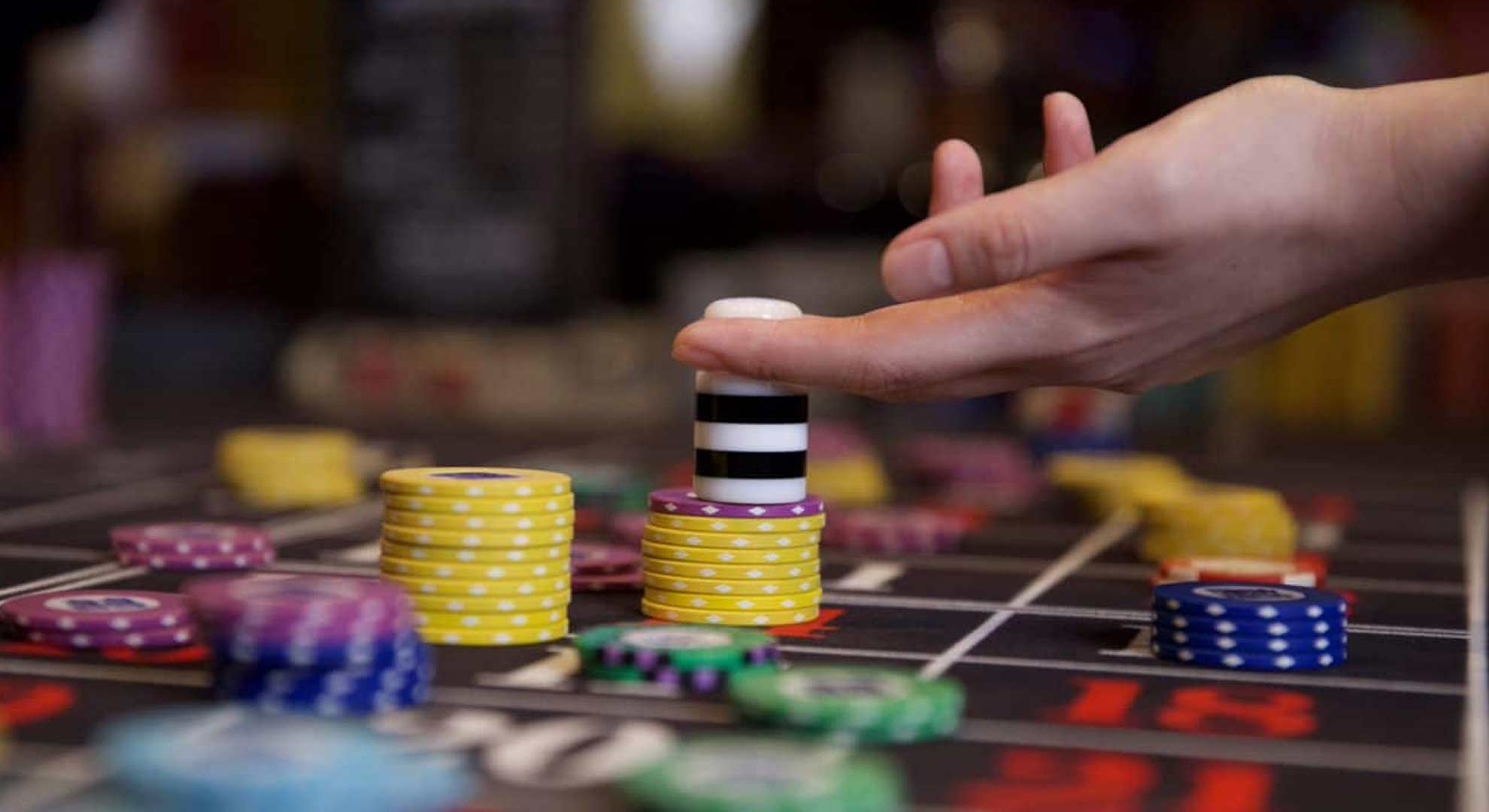Why Casino Culture Shapes Generations

Why Casino Culture Shapes Generations
Casino culture, often perceived as a world of glitz, glamour, and high stakes, has a surprisingly profound impact on shaping generations. More than just a place to gamble, casinos have evolved into complex ecosystems that influence societal values, economic trends, and even artistic expression. This influence, both direct and indirect, deserves a closer look.
One of the most significant ways casino culture shapes generations is through its economic footprint. Casinos create jobs, from dealers and bartenders to security personnel and management. These employment opportunities often provide stable income for families and contribute to local economies. Furthermore, casinos generate substantial tax revenue, which can be used to fund public services like education and infrastructure, directly impacting the quality of life for future generations. The allure of economic prosperity associated with the industry can also inspire entrepreneurial spirit, driving innovation in related sectors such as hospitality and entertainment.
Beyond economics, the psychological impact of casino culture cannot be ignored. The thrill of risk-taking and the potential for instant gratification are powerful motivators that can shape attitudes towards money, work, and success. While responsible gambling is encouraged, the inherent nature of casino games can lead to addictive behaviors and financial instability for some. This, in turn, can have devastating consequences for families and communities, highlighting the need for robust responsible gambling programs and education.
The entertainment aspect of casino culture also plays a crucial role in shaping generational preferences. Casinos are not just about gambling; they are entertainment destinations that offer a wide range of attractions, from live music and comedy shows to gourmet restaurants and luxury hotels. These offerings attract a diverse audience, exposing them to different forms of art, culture, and social interaction. The constantly evolving entertainment landscape within casinos often reflects broader societal trends, influencing fashion, music, and even language.
Moreover, casino culture has seeped into popular culture, shaping our understanding of risk, reward, and the American Dream. Movies, television shows, and books often depict casinos as places where fortunes are won and lost, where dreams are realized and shattered. These portrayals, while often exaggerated, contribute to the public perception of casinos and can influence individual aspirations and expectations. For some, the casino represents an opportunity for upward mobility, while for others, it symbolizes the dangers of unchecked ambition.
The rise of online casinos has further amplified the influence of casino culture. The accessibility and convenience of online gambling platforms have made casino games more accessible to a wider audience, particularly younger generations. This increased exposure can lead to both positive and negative outcomes. On the one hand, it can provide a convenient form of entertainment and even a source of income for some. On the other hand, it can exacerbate the risks of addiction and financial ruin, especially for individuals who are vulnerable to problem gambling. For a safe and reliable online casino experience, consider exploring your options and understanding the risks involved. You can find a reliable platform like m88 slot alternatif which offers a wide variety of games and promotes responsible gambling practices.
Finally, casino culture impacts generations by shaping ethical considerations surrounding gambling and societal responsibility. As the industry continues to grow and evolve, there is an increasing need for ethical oversight and responsible gambling practices. This includes implementing measures to prevent underage gambling, providing support for individuals struggling with addiction, and ensuring that casinos operate in a transparent and accountable manner. By promoting ethical behavior and social responsibility, casino culture can contribute to a more positive and sustainable future for generations to come.
In conclusion, the influence of casino culture extends far beyond the gambling floor. It shapes economies, influences psychological attitudes, impacts entertainment trends, and raises important ethical considerations. Understanding the multifaceted impact of casino culture is essential for fostering responsible gambling practices, promoting economic development, and shaping a positive future for generations to come.
```